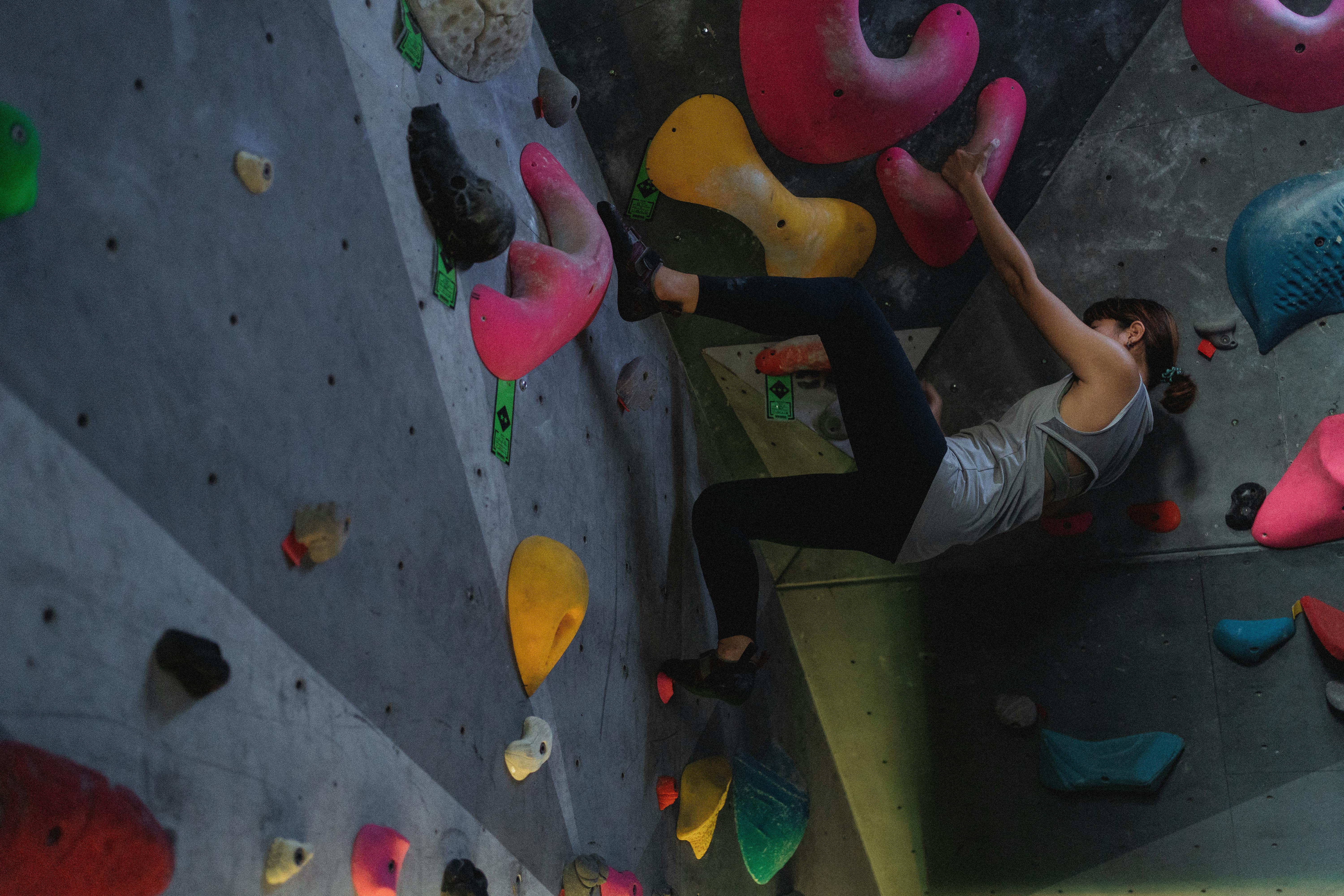Congratulations to the Pittsburgh Steelers who won the Super Bowl and became world champions for the 5th time, tying a record.
It must have been great to hoist the Lombardi Trophy while the hapless Seahawks looked on in defeat. What a bunch of losers falling flat on their faces like a baby learning to walk. Of course, they finished in second place, ahead of the other 30 losing teams that didn’t even win their conference. While some may consider the NFC champions to have had a successful season, Tom Seaver once wrote, “there are only two places an athlete can finish: first place and no place.” How about Vince Lombardi, who said, “Show me a good loser and I’ll show you a loser.” Even in the world of sports, where it’s really about winning, or in life, this can’t be the way we think. As a mirror of real life, when 31 NFL teams, representing the best players in the world, watch the Champion Steelers, we all must find and understand the value of losing.
everyone loses
While being a loser requires that you lose, the corollary that losing makes you a loser is certainly false. Vince Lombardi is known as one of the best and most intense coaches in history. Of course, most of us are familiar with Coach Lombardi’s famous quote: “Winning isn’t everything, it’s the only thing.” While he always put that kind of emphasis on winning, most of us don’t know that he also said, “If you can’t accept losing, you can’t win.” While we all like to win much more than we like to lose, in order to play and be a part of something bigger, we must be willing to take the risk of losing. You have to accept that losing is a natural part of participating and winning.
Why is it okay to lose?
While not necessarily intuitive, there are many reasons why we can feel good about losing and I want to focus on two of them: The first and most obvious reason to lose is because it will help us win; the second reason for losing is that it helps us win in life.
Losing creates opportunities. Every loss has more lessons in what a team or individual can do to improve than any win. Losing also provides more motivation. Winning tends to make people overlook the errors in judgment and fundamentals that only losing can reveal. It is through the process that individuals and teams can discern areas to work through practice to improve. Perhaps even more importantly, losing forces people to recognize that they want to win. The motivation provided by losing is key to helping teams work harder in practice to improve and play harder to win. Coach John Wooden’s Pyramid of Success (January 2006) emphasizes that success is not about winning or losing, but about the self-satisfaction that comes from doing your best to be the best you are capable of. Both winning and losing should inspire an individual to improve and maximize her potential. By using losses in this way, we can motivate ourselves and others.
We can also use these lessons to improve other aspects of our lives because losing is as much a part of everyday life as playing sports is a natural experience. As parents, we go to great lengths to help our children feel better and not let them experience failure. Ultimately, by not acknowledging their shortcomings, mistakes, and losses, we are not allowing them to live up to their potential. Failure is natural and generates motivation. Without fail, children may not see the need to work harder to improve. Telling kids they have a “good eye” when the toss is over the top, or saying “nice try” after a mistake can seem encouraging. However, we must also understand that it may be okay to let them know that a mistake has been made. When a mistake is made, we can acknowledge it and then work to learn from the mistake and ultimately improve.
By continuing to tell children that they are always doing great, you send the message that they don’t need to work so hard. Children are smart and know when they are good or bad. Sometimes they need protection, but other times we also need to be honest if we want them to be successful in life. The idea that a person just needs to do their best is not always true, sometimes they need to do even better. I heard the story of an employee who responded to a new work assignment for a project that needed to be done before a deadline with, “I’ll do my best.” Well, in this case, you just had to do it and not finish it, even if that was his “best effort”, it was simply unacceptable. Sometimes the best of a person is not enough and it is necessary to “do it”. This is one of the lessons you can learn from losing because it is part of life.
conclusion
Bud Wilkerson, the famed Okalahoma Sooners football coach who led his team to a 47-game winning streak, noted that the only way to meet someone who never lost was to find someone who never played. While no one wants to lose, we can use losing to motivate ourselves and improve. We can also extrapolate the lessons of losing to the great lessons of life so that we can all become the best we are capable of. Losing is part of everything we do and has tremendous value. Mistakes are a natural part of participation, so we shouldn’t be afraid to own up to our mistakes and use them to improve. Our goal, in youth sports and in life, has to be to see the value in losing and use it to become better athletes, parents and people.




